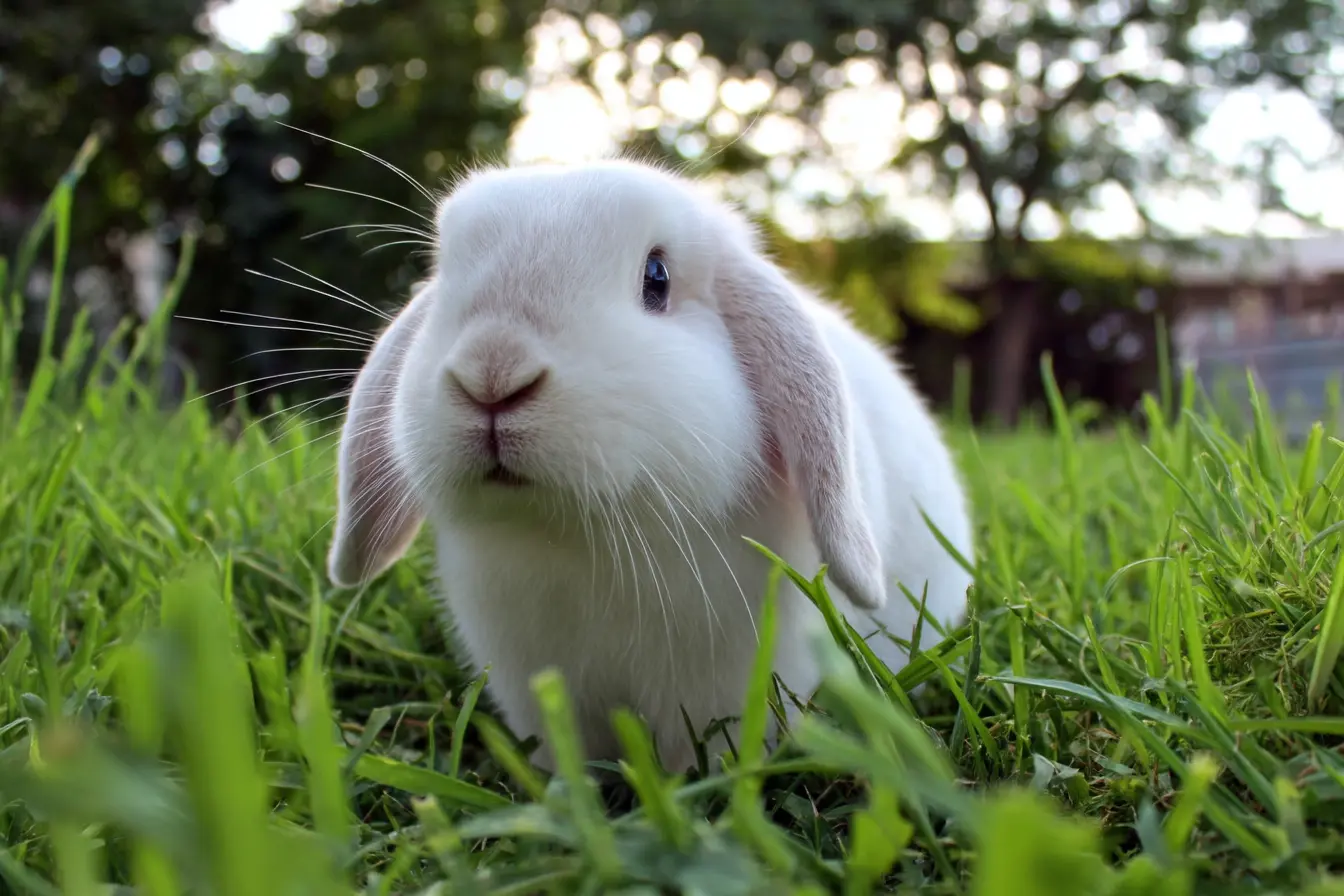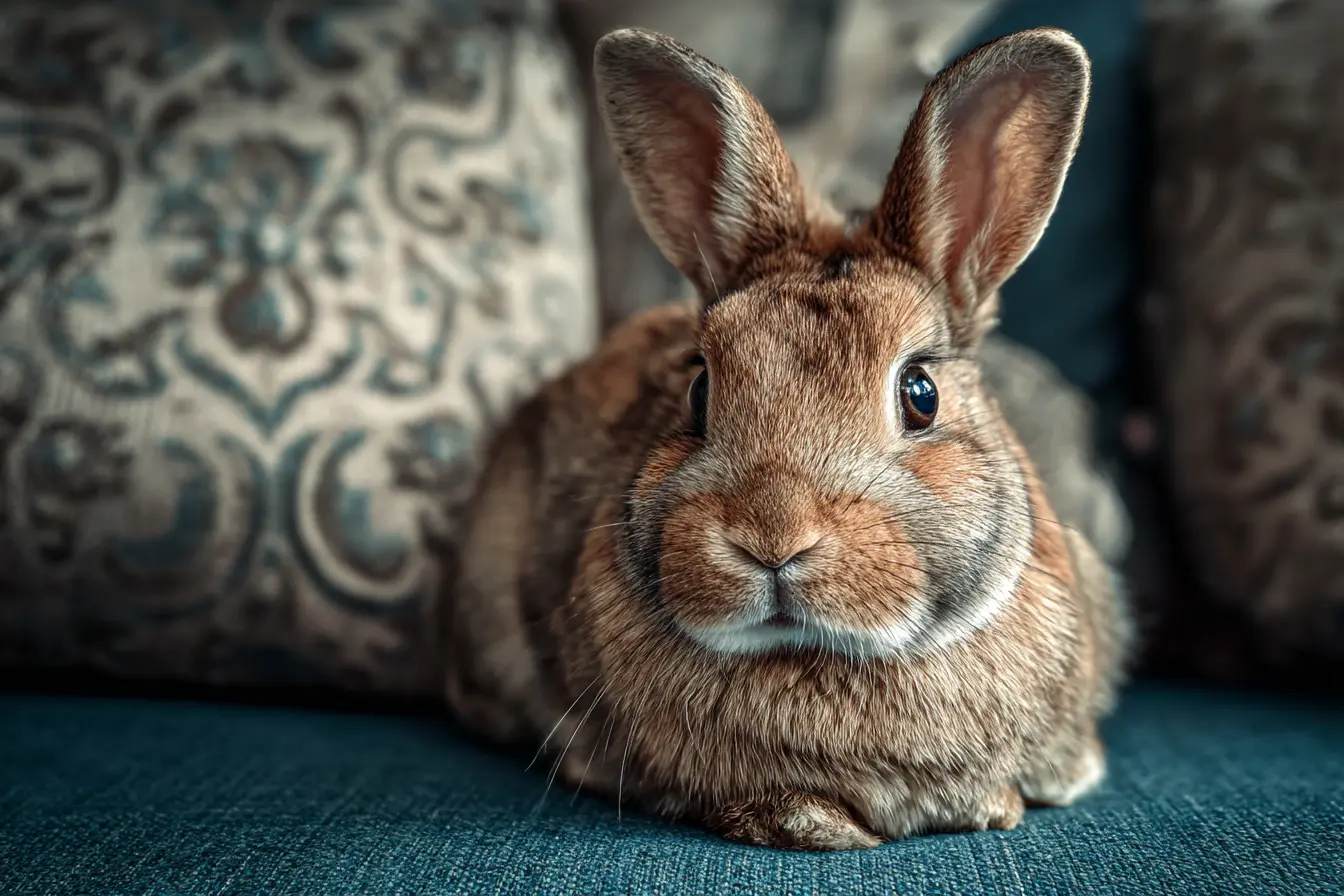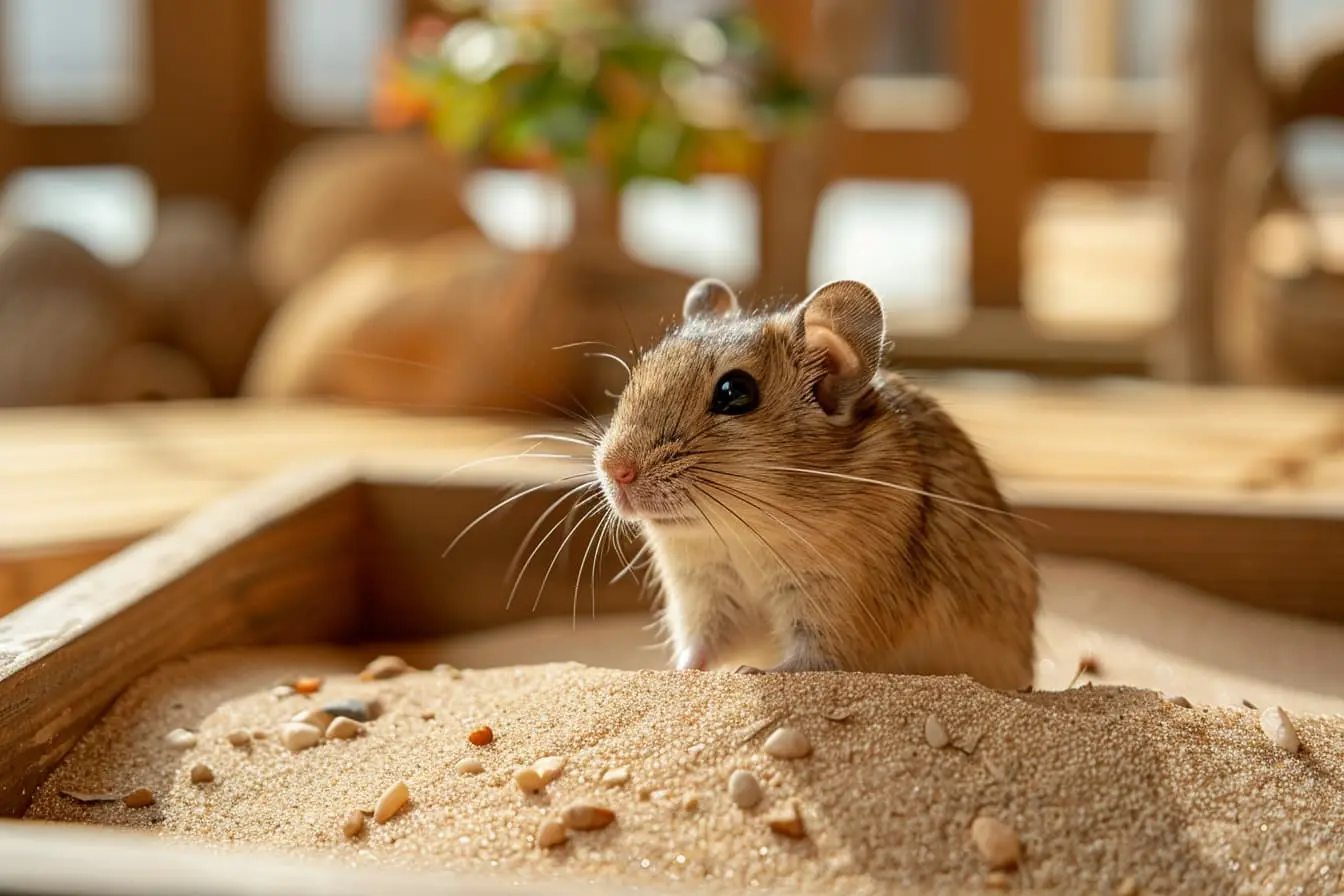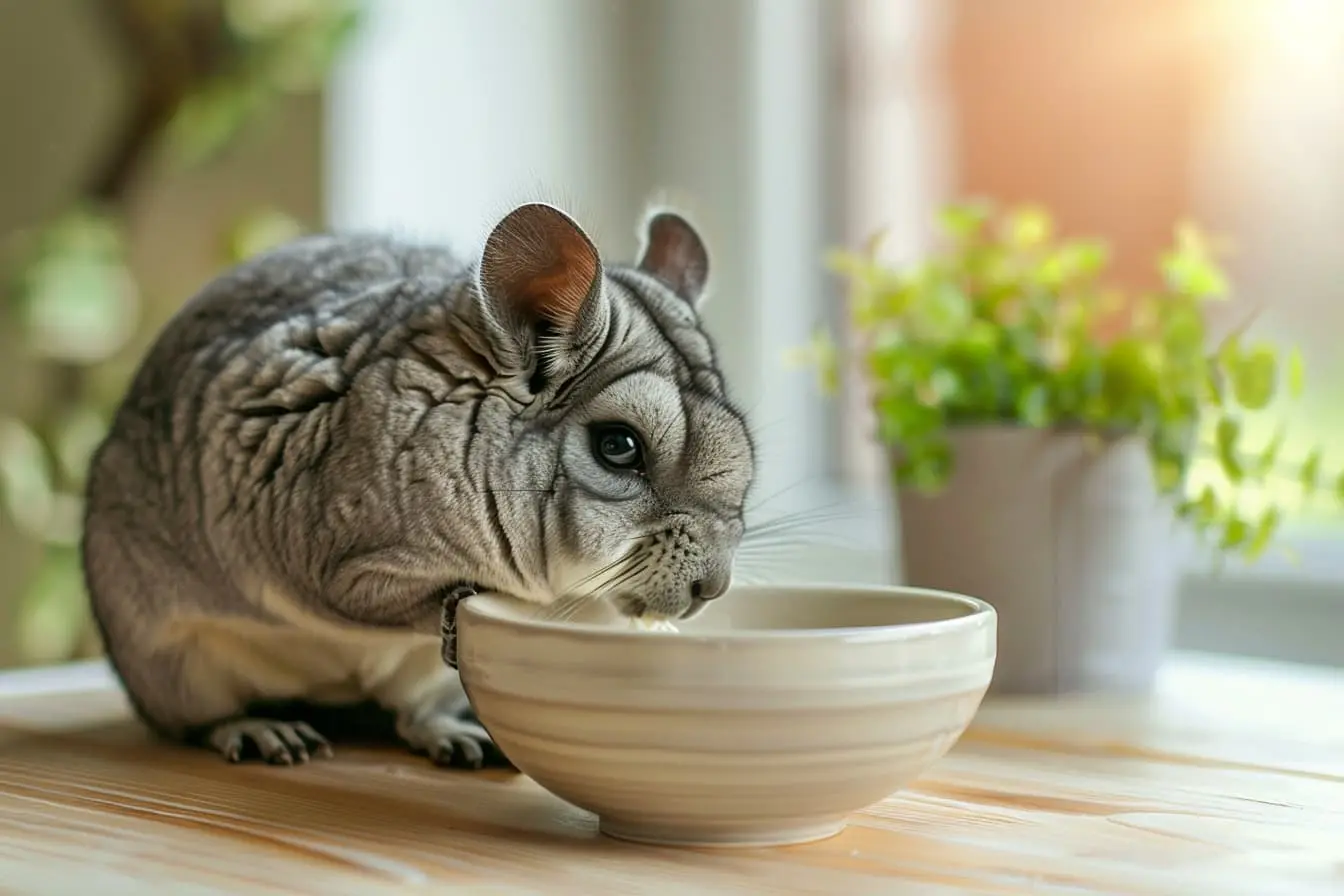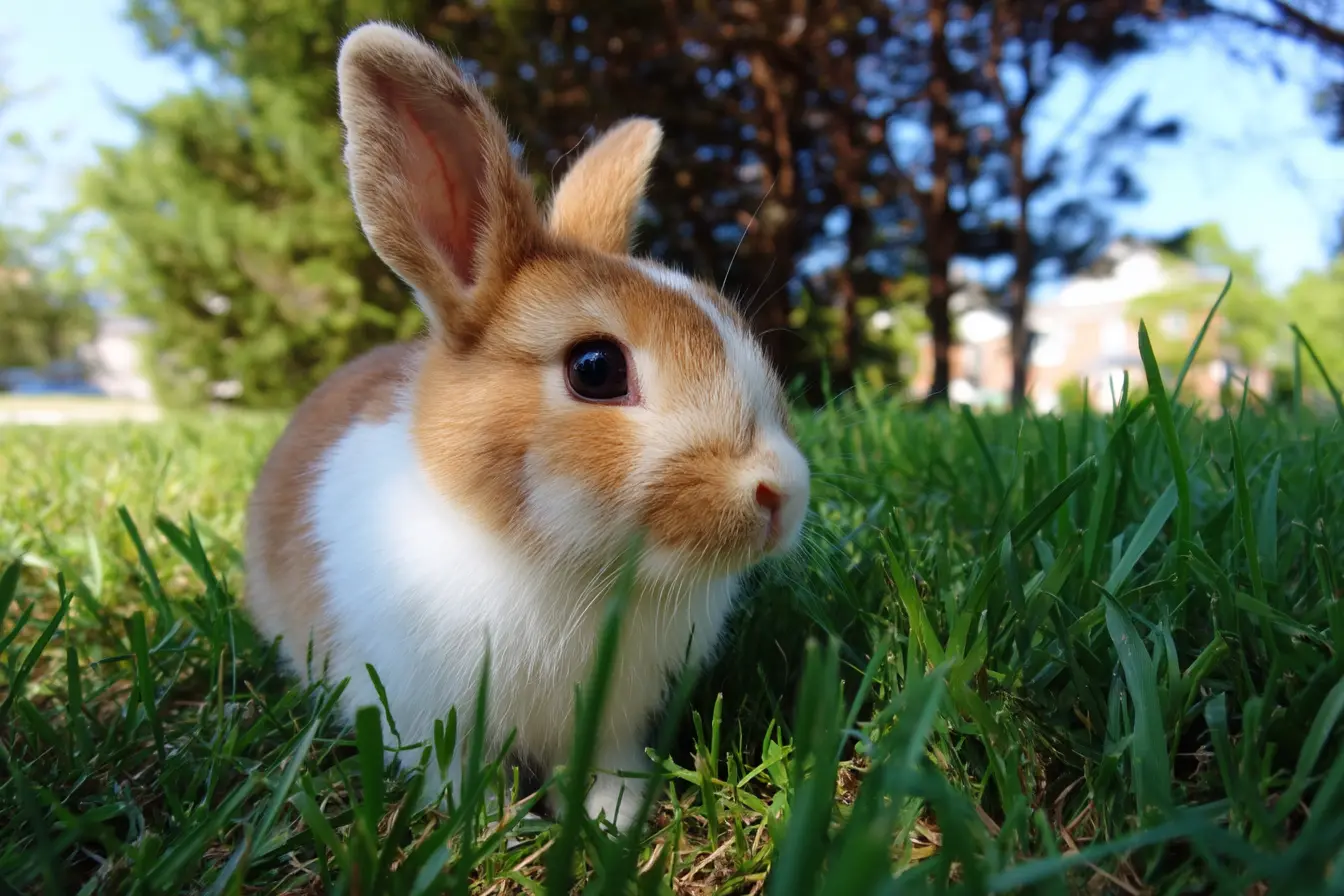
Can Rabbits Get Sunburn?
When we think of sunburn, rabbits are not usually the first animals that come to mind. However, rabbits can indeed suffer from sunburn, and without proper care, they are at risk of serious skin damage and related health issues. This detailed guide explains everything rabbit owners need to know about preventing, identifying, and treating sunburn.
Can Rabbits Really Get Sunburn?
Yes, rabbits can get sunburned. Although their fur offers some protection, certain parts of their body and specific breeds are vulnerable to damage from ultraviolet (UV) rays. Prolonged exposure to direct sunlight can lead to sunburn, and in severe cases, it can cause more serious problems like heatstroke and skin cancer.
Which Rabbits Are Most at Risk?
Certain rabbits are more susceptible to sunburn, including:
- White or light-coloured rabbits: Less pigmentation in their skin and fur offers less protection.
- Rabbits with thin or patchy coats: Conditions such as mites, moulting, or alopecia can expose bare skin.
- Hairless areas: Ears, noses, and eyelids typically have less fur coverage and are prime targets for sunburn.
- Young and elderly rabbits: Their skin tends to be more delicate.
- Rabbits recovering from surgery: Shaved areas are particularly vulnerable.
Areas Most Commonly Affected
The most common areas where rabbits get sunburned are:
- Ears (particularly the tips)
- Nose
- Around the eyes
- Any shaved or thin-furred patches
Because rabbits often lie stretched out when resting, areas like the belly can also be exposed if shade is not available.
Signs of Sunburn in Rabbits
Sunburn in rabbits can vary in severity. Look for the following signs:
- Red or inflamed skin
- Dry, flaky, or crusty patches
- Tenderness or discomfort when touched
- Blistering (in severe cases)
- Hair loss in affected areas
- Excessive scratching or grooming of certain areas
Severe sunburn can lead to more systemic issues, such as dehydration and lethargy, especially if combined with heatstroke.
How to Protect Your Rabbit from Sunburn
Provide Adequate Shade
The most effective way to prevent sunburn is to ensure that your rabbit always has access to shade.
- Position outdoor hutches and runs out of direct sunlight.
- Use covers, umbrellas, or purpose-built sunshades.
- Create natural shade using trees or shrubs.
Remember that shade moves throughout the day, so permanent or multiple shaded areas are ideal.
Limit Sun Exposure
Restrict outdoor playtime during peak sun hours, typically between 10am and 4pm.
- Choose early morning or late evening for exercise and grazing.
- If keeping your rabbit outdoors all day, ensure a shaded shelter is always accessible.
Use Sun Protection for Vulnerable Rabbits
In certain cases, a rabbit-safe sunscreen may be advised for particularly vulnerable areas, such as the ears or nose. However, this should only be done under veterinary advice, as rabbits are sensitive animals that may ingest anything applied to their skin during grooming.
Products must be:
- Fragrance-free
- Non-toxic if ingested
- Suitable for sensitive skin
Consult your vet before applying any product to your rabbit.
4. Regular Grooming and Skin Checks
Regular grooming helps monitor your rabbit’s coat health and ensures you can spot any areas of concern quickly. Look out for:
- Thinning fur
- Skin irritation
- Bald patches
Catch problems early to adjust sun exposure accordingly.
What to Do If Your Rabbit Gets Sunburned
If you suspect your rabbit has been sunburned:
- Move them to a cool, shaded area immediately.
- Cool the skin gently with a damp cloth — avoid using ice or freezing temperatures.
- Do not apply human creams or lotions without veterinary advice.
- Contact your vet, especially if there are signs of blistering, extreme redness, or if your rabbit seems unwell.
Prompt veterinary care can prevent complications such as infection or deeper skin damage.
Long-Term Risks of Sun Exposure
In addition to immediate pain and irritation, repeated sunburn can lead to:
- Solar dermatitis: Chronic inflammation of the skin.
- Skin cancers: Particularly squamous cell carcinoma, which often starts as small scabs or non-healing sores.
- Increased risk of heatstroke: Rabbits cannot sweat and are highly sensitive to temperature extremes.
Preventative care is crucial for your rabbit's long-term health and comfort.
Special Considerations for Outdoor Rabbits
For rabbits housed outside year-round:
- Position hutches away from direct sunlight.
- Provide constant shade and ensure good ventilation.
- Never place hutches on concrete or other heat-retaining surfaces without shade.
- Always provide fresh water, ideally in multiple containers.
During heatwaves, it may be safer to bring rabbits indoors or into a shaded, ventilated shed or garage.
Final Thoughts
Sunshine can be wonderful for rabbits — it helps regulate their biological rhythms and supports vitamin D synthesis. However, too much sun can be dangerous. By ensuring your rabbit has ample shade, avoiding peak sun hours, and keeping a close eye on their skin and fur, you can enjoy the summer months together safely and happily.
Contents
Tags
Vets near you
Speciality vets
- Aquatics vet specialists
- Birds vet specialists
- Camelids vet specialists
- Cats vet specialists
- Cattle vet specialists
- Deer vet specialists
- Dogs vet specialists
- Equines vet specialists
- Exotic vet specialists
- Goats vet specialists
- Pigs vet specialists
- Poultry vet specialists
- Sheep vet specialists
- Small Mammals vet specialists
- Wild vet specialists
Vet facilities
- Accessible by public transport
- Blood testing
- Car park nearby
- Client car park
- Dentistry
- Diagnostic imaging
- Disabled public access
- Flea and worm treatments
- Microchipping
- Mobile services
- Neutering
- Open at weekends
- Out-of-hours service
- Referral interests
- Referrals only
- Street parking outside
- Toilets available
- Vaccination clinic
